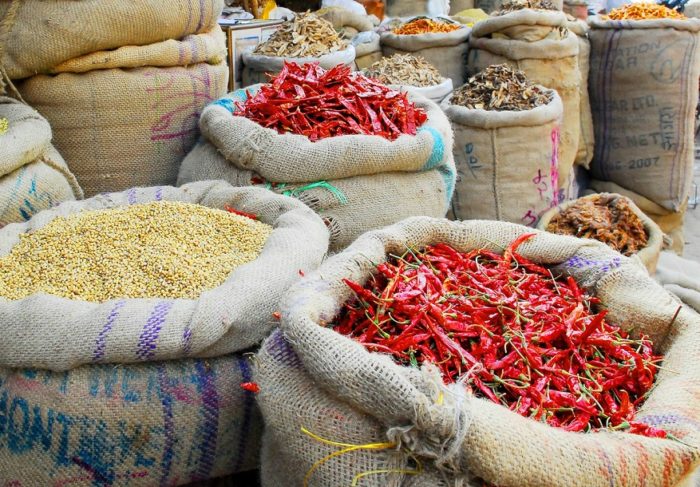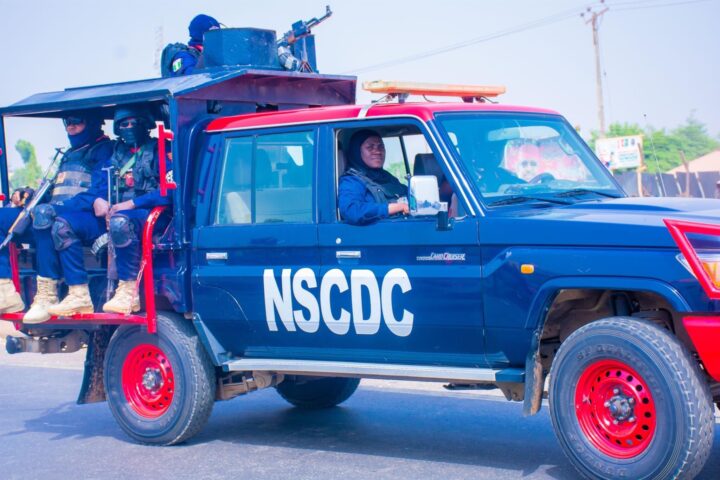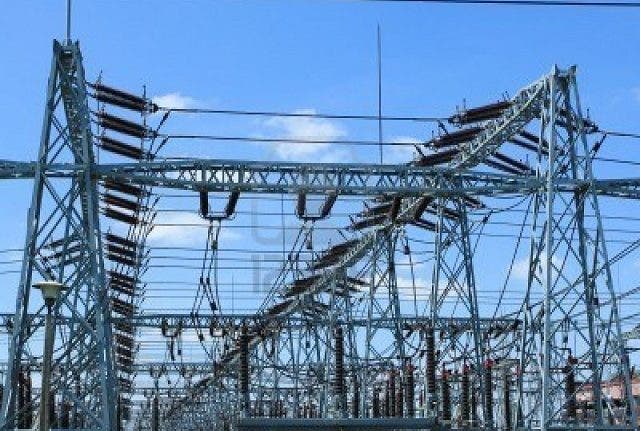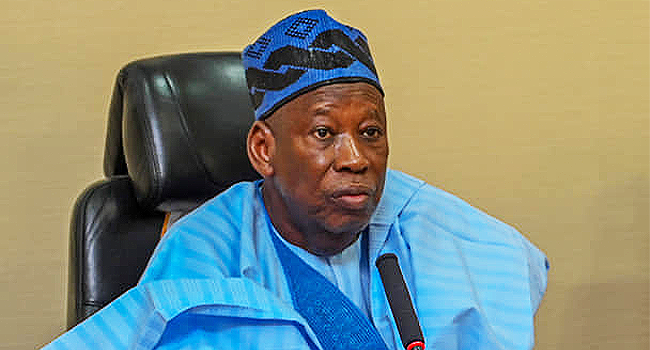Food Supply Needed Urgently For South Sudan


Unless food is procured and distributed to millions of people urgently in South Sudan, the UN World Food Programme (WFP) says that South Sudan’s food security situation will worsen in 2018 compared to 2017.
WFP Deputy Country Director Simon Cammelbeek told journalists on Tuesday that the UN agency needs to urgently procure and distribute food by air drops to six million people in hard-to-reach areas before the coming rainy season.
“The food security situation is not good and the indication we get is that the harvest last year (2017) was less than the year before,” he revealed in Juba.
South Sudan in December 2017 had launched humanitarian appeal estimated at 1.72 billion dollars.
A report released by the Integrated Food Security Classification (IPC) in 2017 said an earlier-than-normal start of the lean season will result in an estimated 5.1 million people (48 per cent of the total population) being classified as severely food insecure in January-March 2018.
“It’s very important that we also take this opportunity in the current month to procure food and distribute food to those areas which will not be reachable during the rainy season.
“So as much as we have to wait for the final (IPC) assessment the indications are clear it (food situation) is worse than last year,” Cammelbeek said.
Violence continues unabated in the world’s youngest nation despite repeated stern warning of consequences to the warring parties by the international community and regional East African leaders after several cease-fire violations.
Cammelbeek said that the humanitarian needs continue to worsen in the country where donors have been supportive of WFP and other partners’ efforts.
He said that additional resources are urgently required to help mount an effective and timely response to tackle hunger.
He said that the planting season begins in February and they will liaise with the government on how to extend support to farmers.
“Whereas famine conditions were averted in 2017 thanks in part to the extensive and large scale response by WFP and partners, some 6 million people are unable to meet their daily food needs already in January this year.
“We must do everything in our power and work jointly to ensure food and nutritional assistance for all,” Cammelbeek said.
South Sudan descended into violence in December 2013 after political dispute between President Salva Kiir and his former deputy turned rebel chief Machar to split within the SPLA, leaving soldiers to fight alongside ethnic lines.
The 2015 peace agreement to end the conflict was weakened after outbreak of renewed fighting in July 2016 caused the SPLA-in opposition rebel leader Machar to flee the capital.










